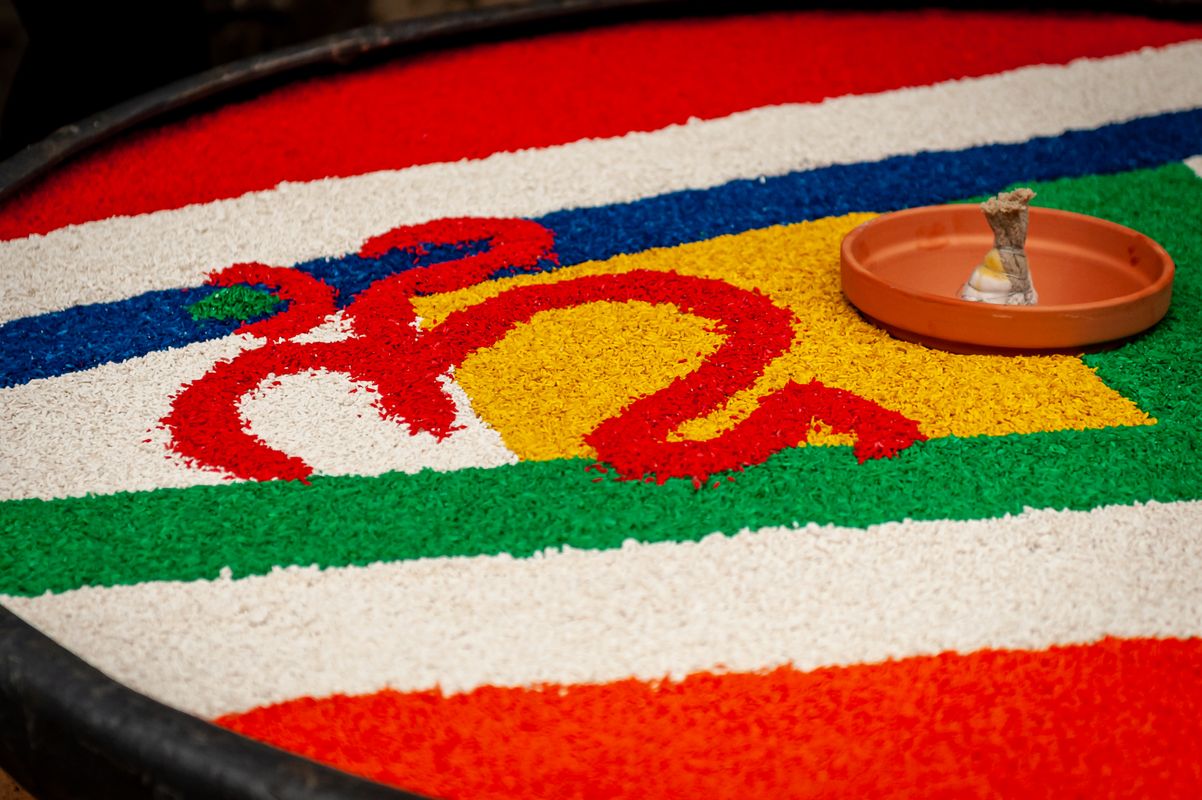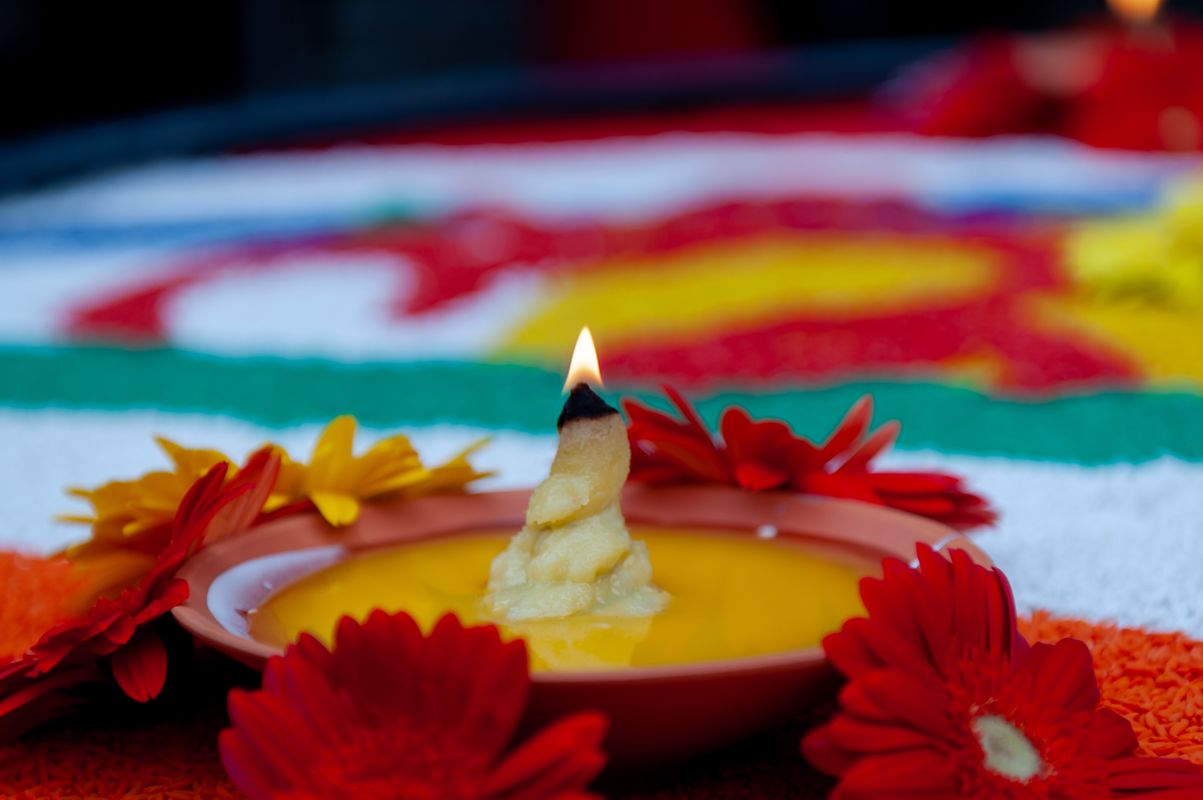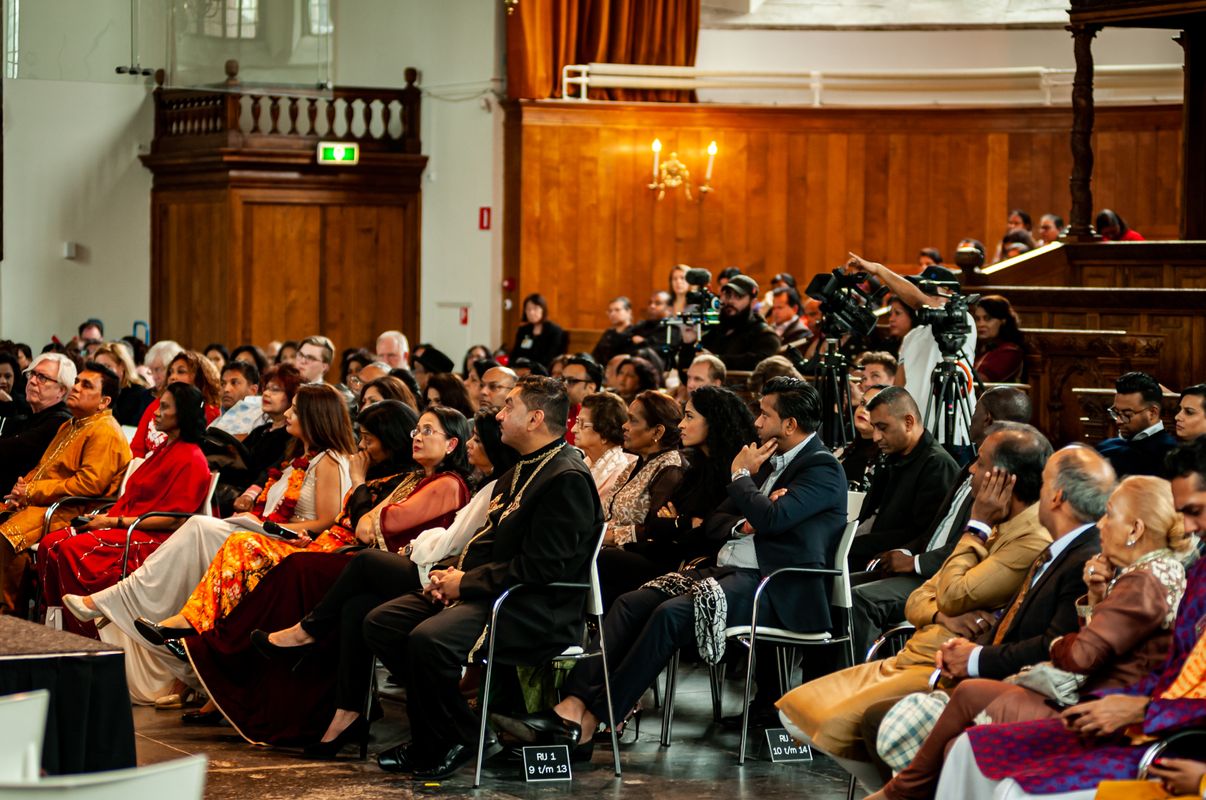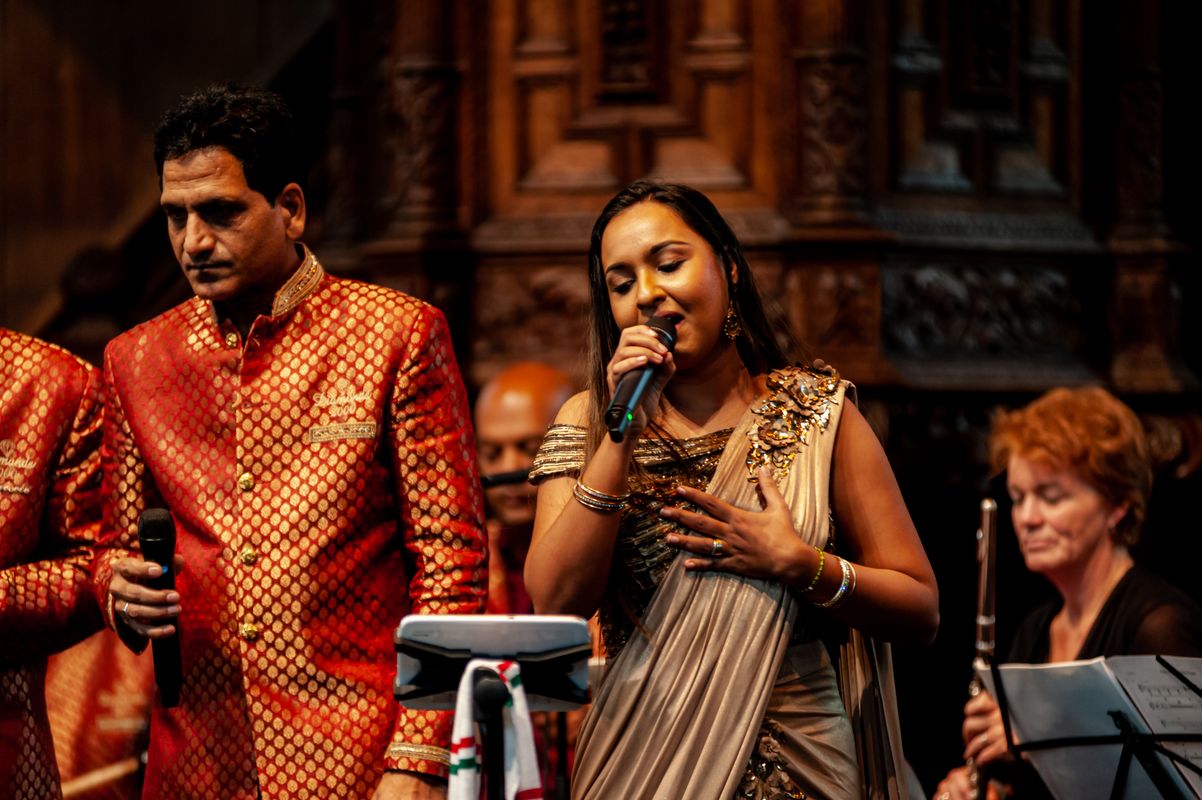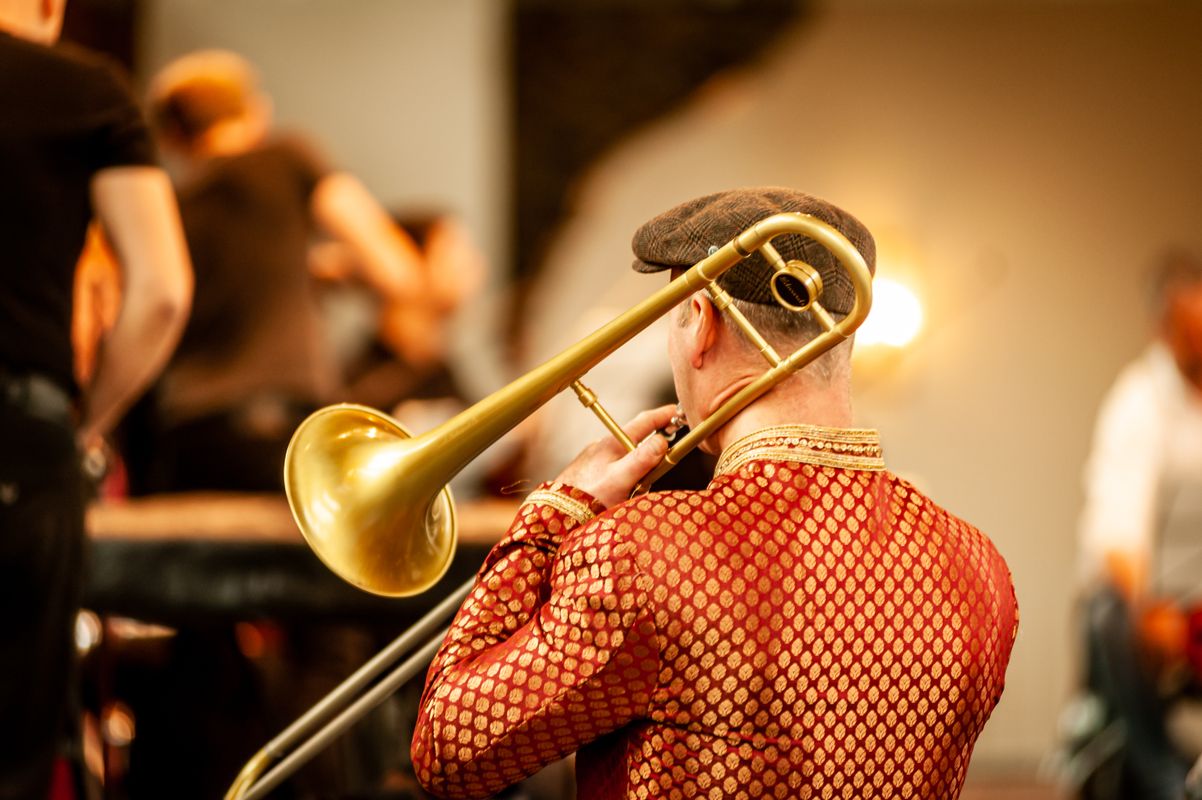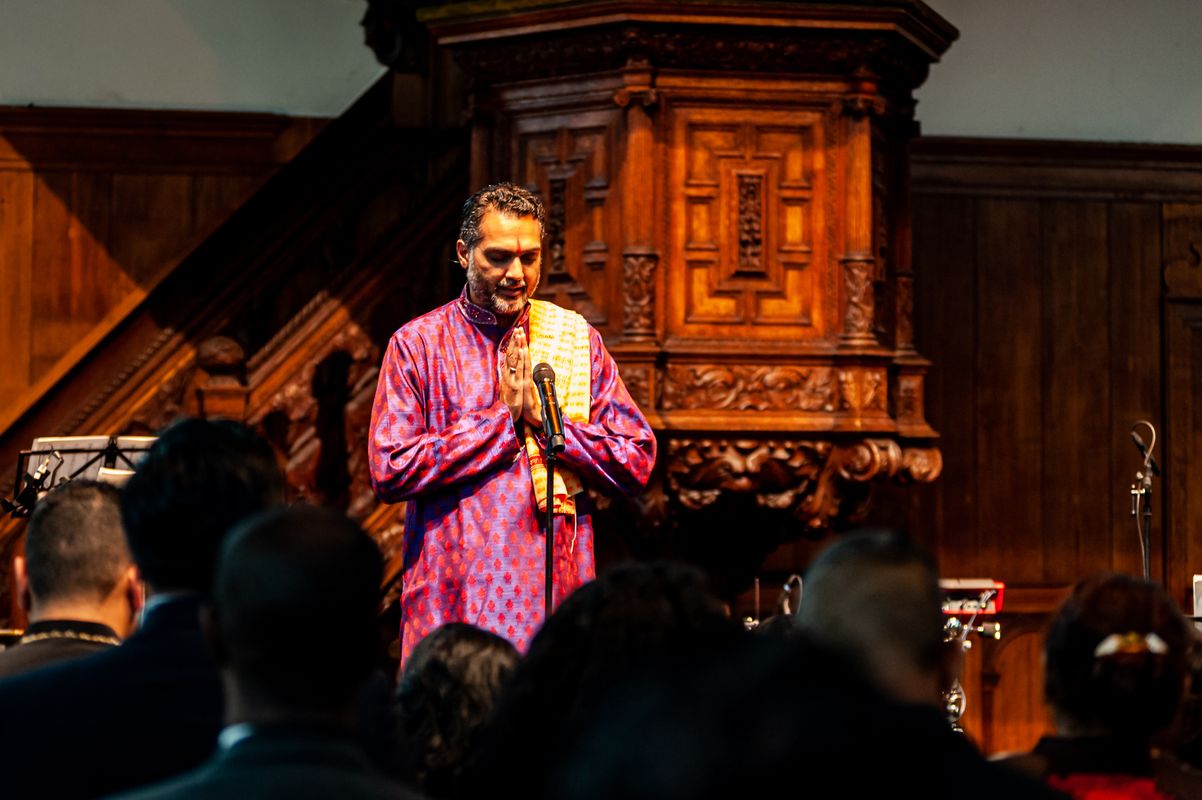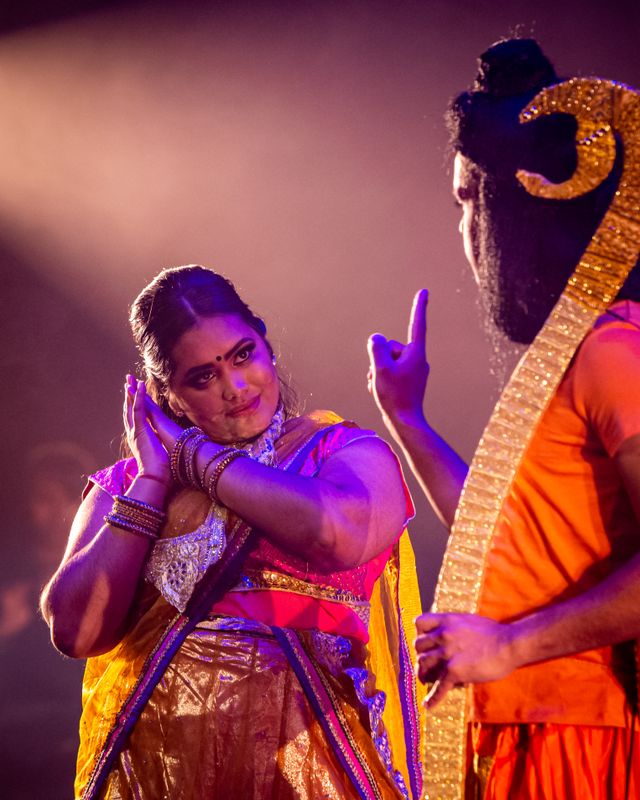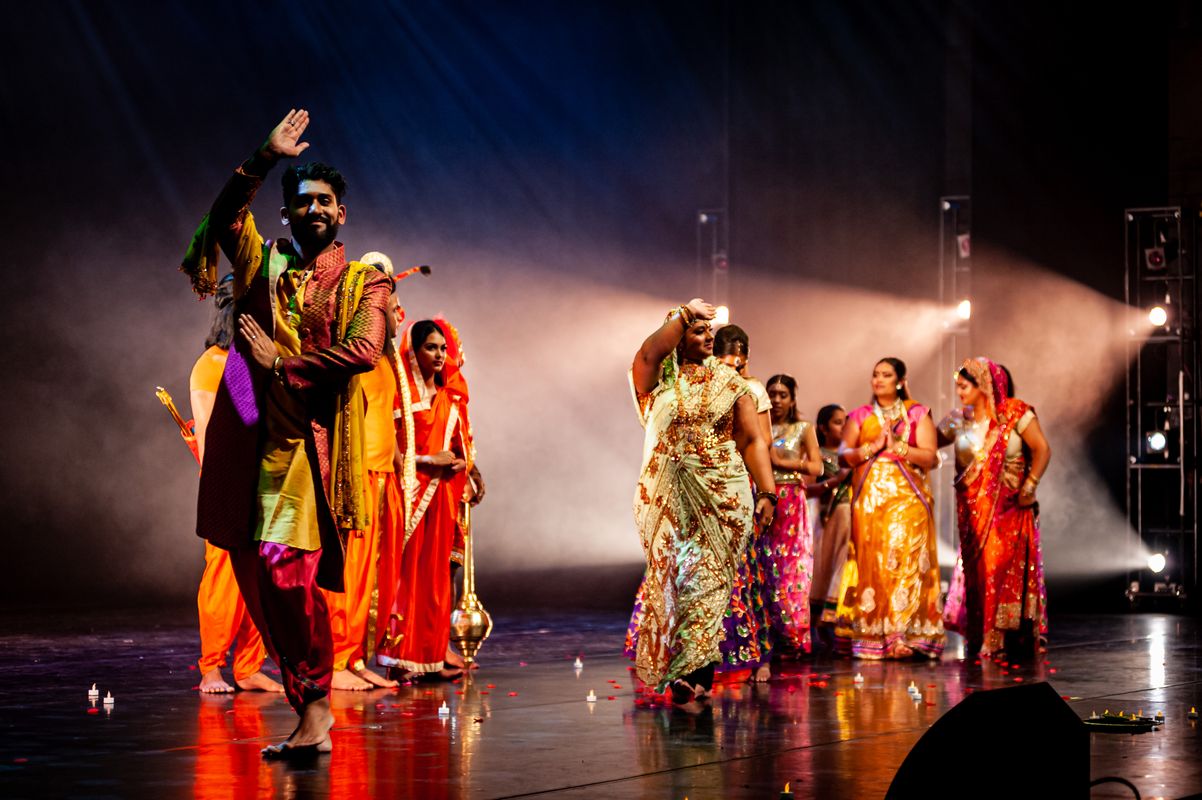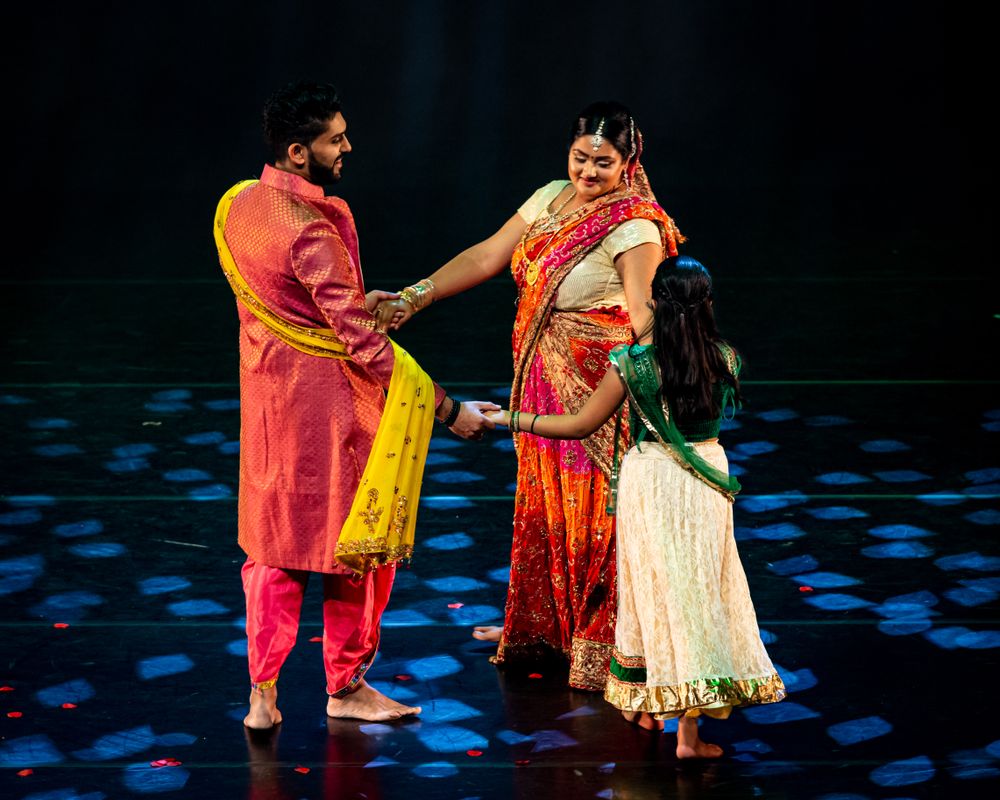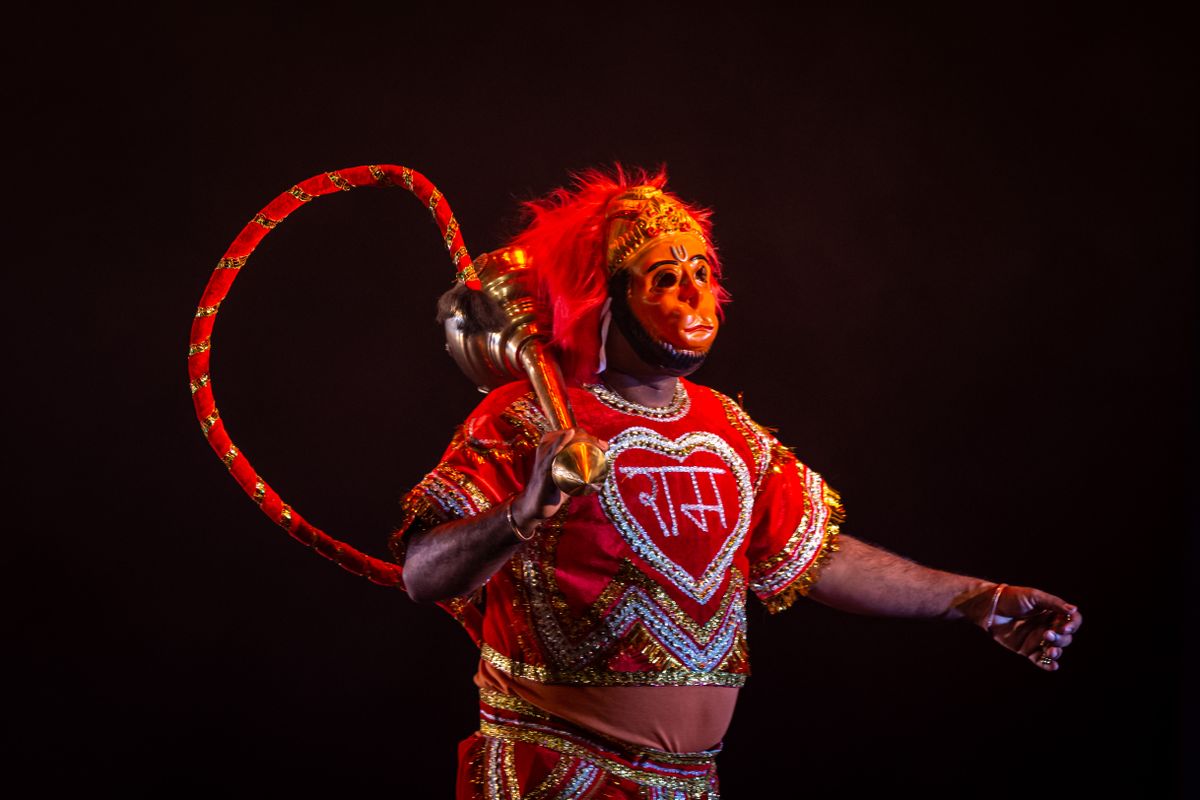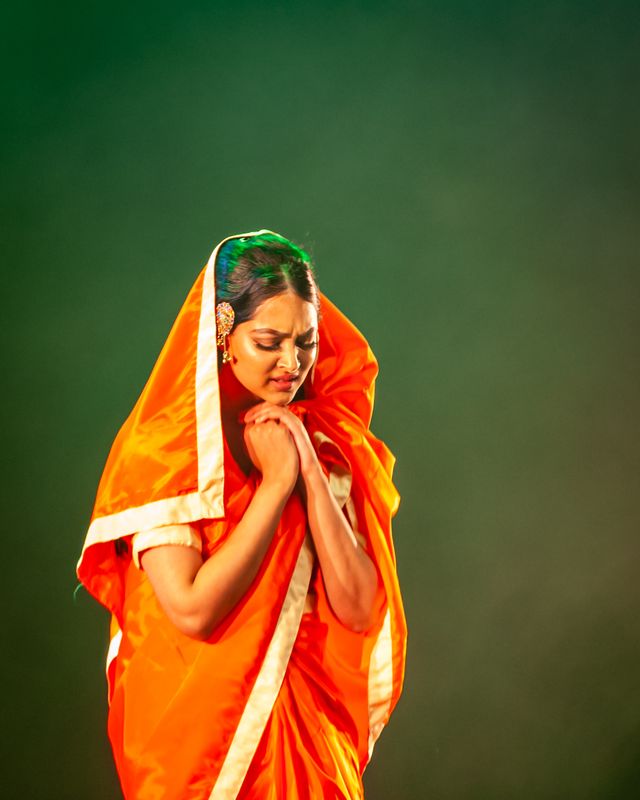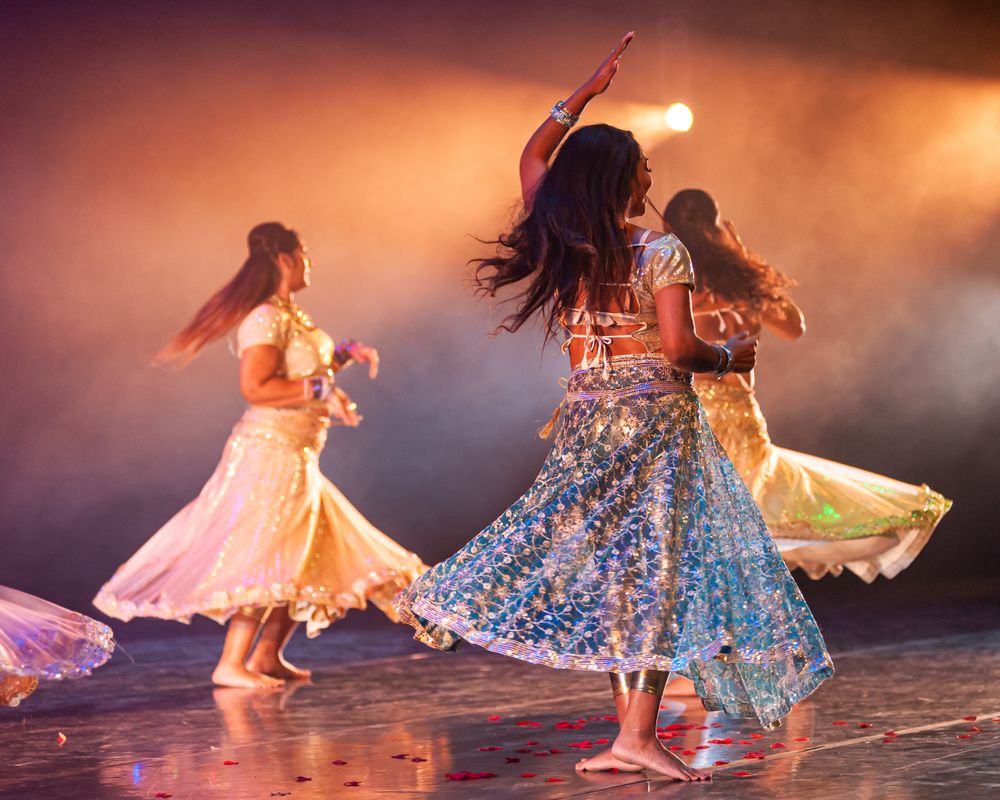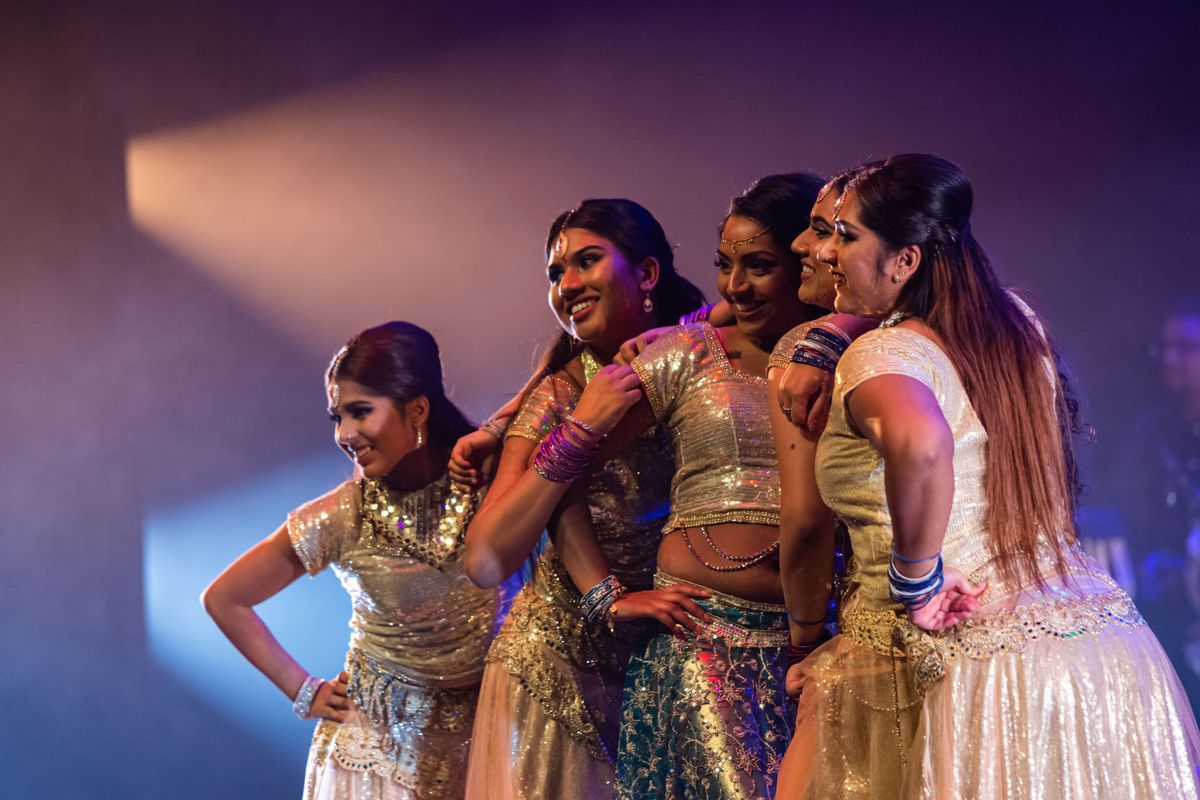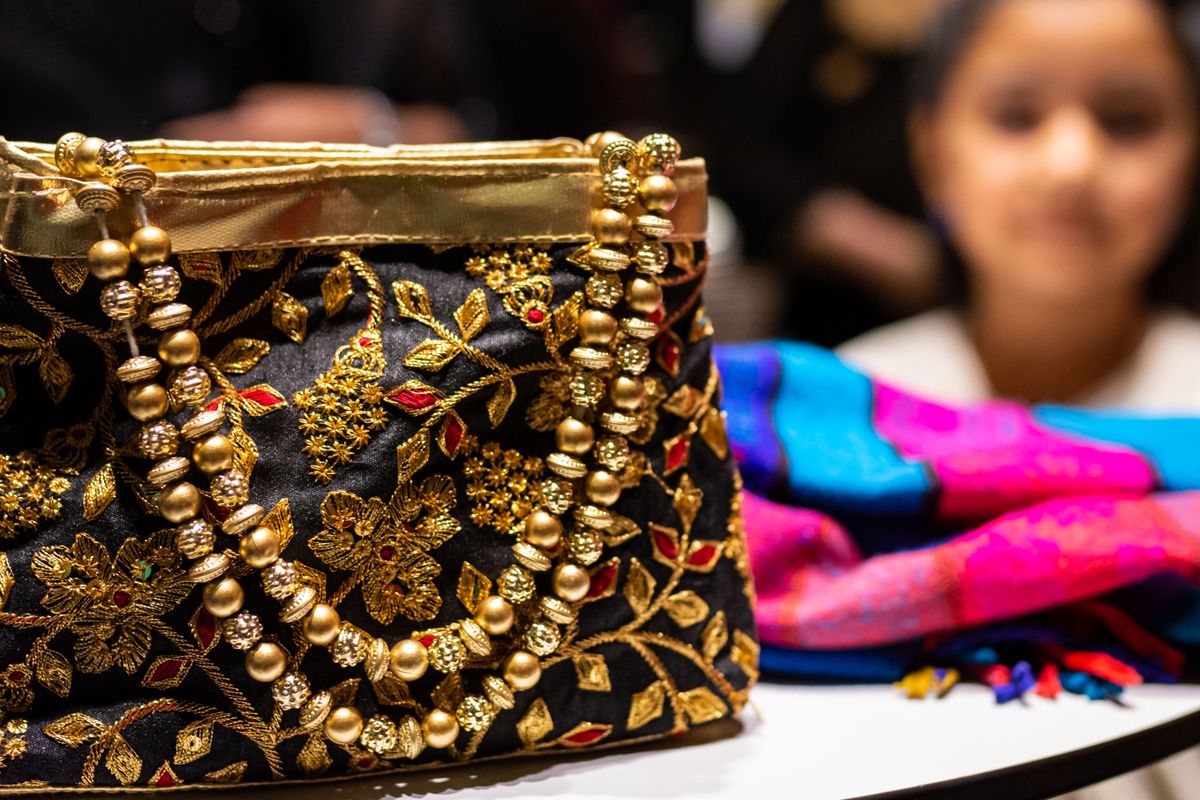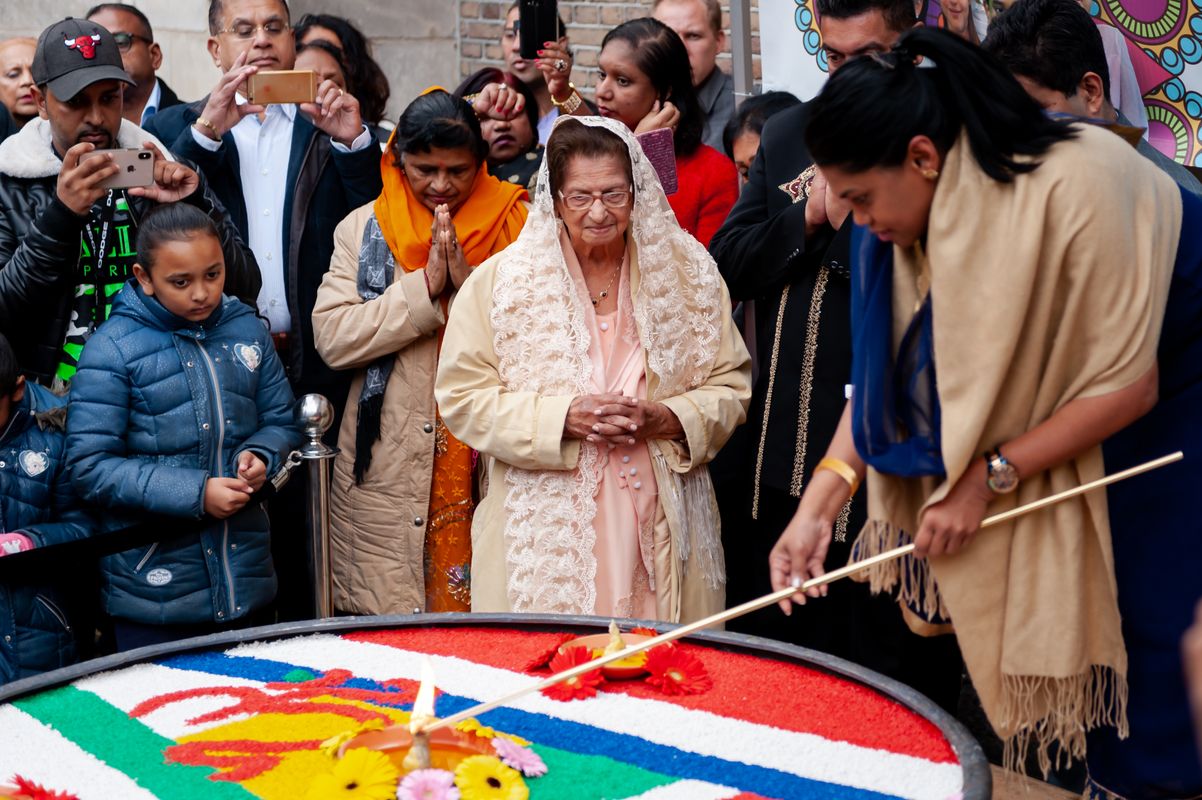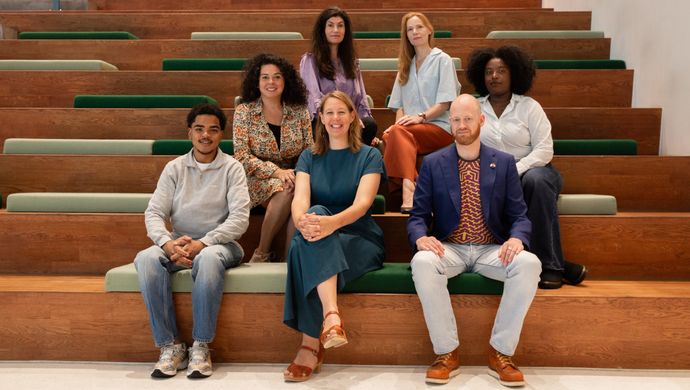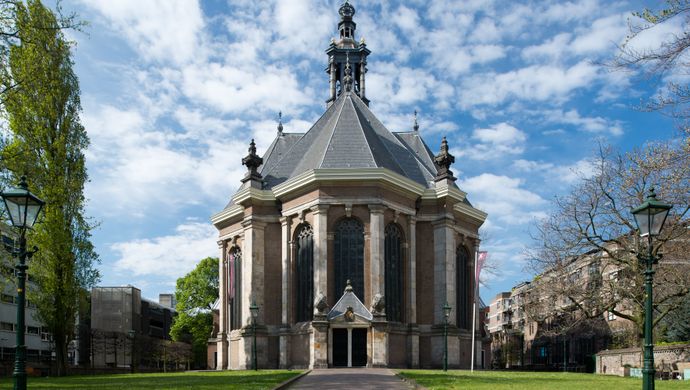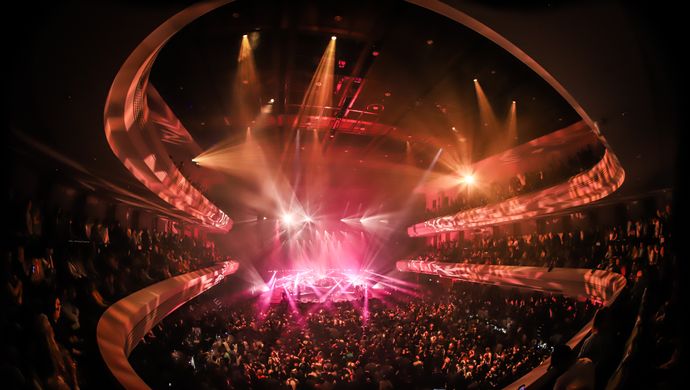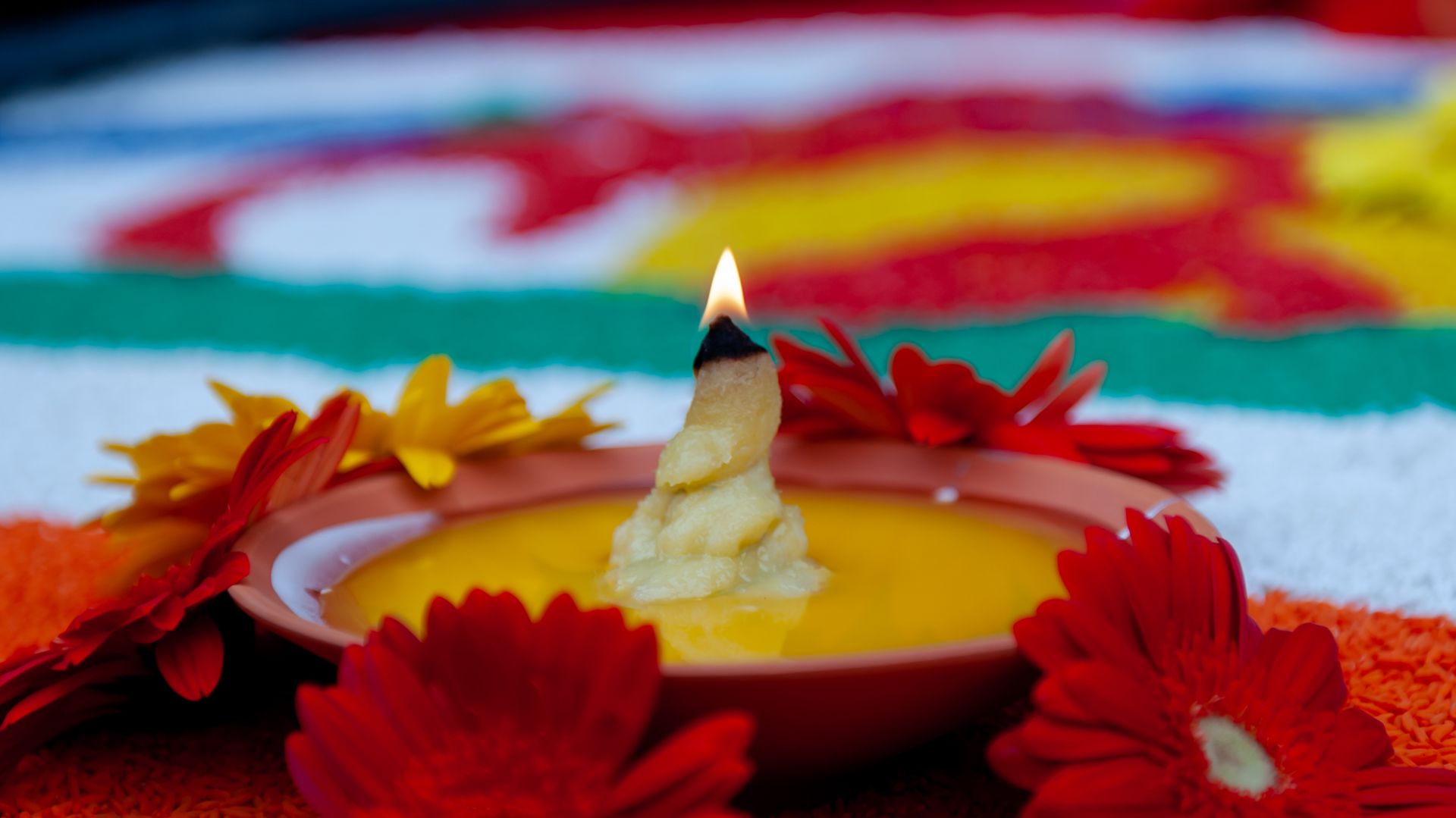
All about Diwali, the festival of lights
2 November 2023, article
Every year, Amare celebrates Diwali, one of the most important Hindu festivals. This article takes a closer look at the origin and celebration of Diwali, or the Festival of Lights.
Diwali is a Hindu festival that lasts five days, according to the religious tradition. When the festival occurs is determined by the Hindu calendar, so the dates can be different each year in the west. ‘Diwali’ popularly refers to the third day of the festival, called Maha Lakshmi Puja, which falls in 2024 on November 1.
The word ‘Diwali’ derives from dipvali, meaning ‘row of lights’ in Sanskrit. That is why Diwali is also referred to as the Festival of Lights. The festival celebrates the triumph of light over darkness, as well as other antitheses such as the triumph of wisdom over ignorance, of truth over untruth, and of good over evil. Celebrating Diwali generally involves having lots of lights all around the house. Traditionally these are earthenware ghee lamps (diyas).
Purity
Diwali mainly represents an occasion to contemplate light and darkness. And not just literally because Diwali occurs in the dark autumn season, but also in a metaphorical sense. It is a period of spiritual contemplation, during which people ponder the positive and the negative in their own lives.
This period of contemplation is often coupled with major house cleaning. In the Hindu tradition, dirt symbolises evil. During Diwali, the dirt that has accumulated in the home as well as in one’s spirit is cleansed away, enabling a fresh start once Diwali is over. After the cleaning chore, it’s time to light the lamps.
Many Hindus also refrain from eating meat or other animal products and from drinking alcohol during Diwali. This also serves the purpose of having a clean body and spirit during this time.
Background
The exact origin of Diwali is unclear. Many different stories are told, but the one most widely told describes Diwali as a harvest celebration. The harvest is brought in with winter looming, and therefore it is time to celebrate Diwali, as the start of a new season.
In the religious tradition, Diwali is often linked to the Hindu deity Lakshmi, goddess of light, wealth, beauty and good fortune.
Another explanation refers to the return of King Shri Ram and his wife Sita after a 14-year exile. When the king and his wife returned to his people, lights were lit everywhere as an expression of joy.
But the most important aspect of Diwali that is found in all stories is that it is a period of contemplation, focused on the individual person and his or her spiritual development.
Subh Diwali! Or, happy festival of lights!
Previous editions of Divali in Amare
Also in Amare
What's On
-
Past eventSun 3 Nov ’2415:30 - 17:30


